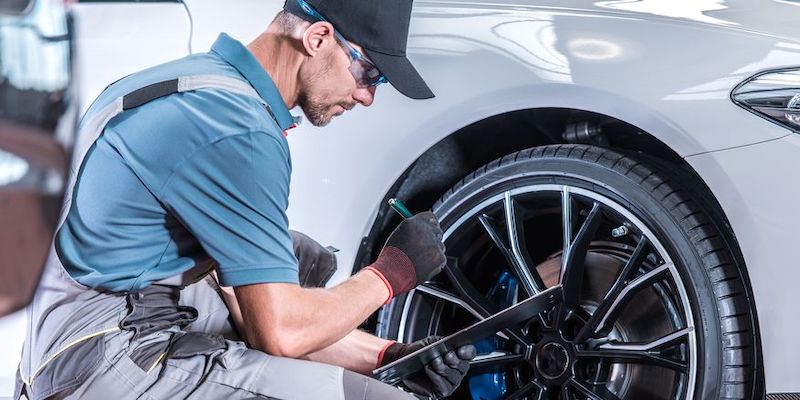Last year, GM recalled 26,772 Cadillacs, Camaros, and Corvettes because of problems with power steering.
Yet Many Consumers Fail to Heed Recall Notices
Car owners depend on their vehicles to keep them safe. But automobiles are made of hundreds of moving parts capable of failing at a moment’s notice. Every year, car manufacturers recall millions of cars after learning that a model has mechanical defects or faulty parts that may help cause an auto accident.
Common Automotive Recalls
Most traffic accidents are caused by driver error; sometimes an automotive defect is to blame. But although many drivers rush to repair their car after getting a recall notice, others ignore the recall, putting themselves and other motorists at risk.
Common automotive defects that can lead to a recall include:
- Faulty airbags. Airbags have been the subject of many recalls in recent years. If an airbag fails to deploy, a victim’s injuries may be exacerbated. But airbags themselves can cause serious injury and even death if they deploy when they shouldn’t or deploy too fast or too forcibly. According to the National Highway Traffic Safety Administration (NHTSA), about 63 million Takata airbags have been recalled due to a risk that they will explode upon deployment.
- Defective seatbelts. A seatbelt is designed to remain intact under great stress in order to prevent a vehicle’s occupants from being ejected during an accident. If the seatbelt instead snaps or unlatches, the loss of protection may permit more serious injuries. Volvo recently recalled more than two million cars worldwide because their front seatbelts may weaken over time and eventually fail to restrain occupants during an accident.
- Sudden, unintended acceleration. This dangerous defect causes the driver to lose control of the car, often leading to fatal injuries. In 2014, Toyota was ordered to pay $1.2 billion to avoid prosecution for persistently concealing the fact that some of its cars have had a problem with unintended acceleration.
- Flawed brakes. Earlier this fall, GM expanded the company’s recall because of a flaw with the power brake-assist system of some of its models. Brake-assist makes it easier for a driver to stop the car. When a defect instead suddenly causes the brakes to become difficult to use, it’s no surprise that a serious car accident may result.
- Defective tires. Bridgestone recently recalled 1,923 passenger and light truck tires that may have been manufactured with a pinhole in the upper sidewall. If the pinhole penetrates the tire’s inner liner (thought to be rare but possible), the tire may begin to leak air, increasing the risk of an accident.
- Power steering failure. If the power steering suddenly fails, a driver is typically taken by surprise, increasing the possibility of a collision. Last year, GM recalled 26,772 Cadillacs, Camaros, and Corvettes with a power steering problem caused by an electrical short circuit.
If your vehicle is recalled, the dealer will fix the recalled part of your car for free. If it refuses to do so, notify the manufacturer and file a complaint with the NHTSA as soon as possible.
Contact an experienced Colorado personal injury attorney.
If you or a loved one has been injured in an automobile accident involving a recalled vehicle, contact the Law Offices of Daniel R. Rosen online or call 303-454-8000 or 800-ROSEN-911 to schedule your free initial consultation with an experienced personal injury attorney today.

